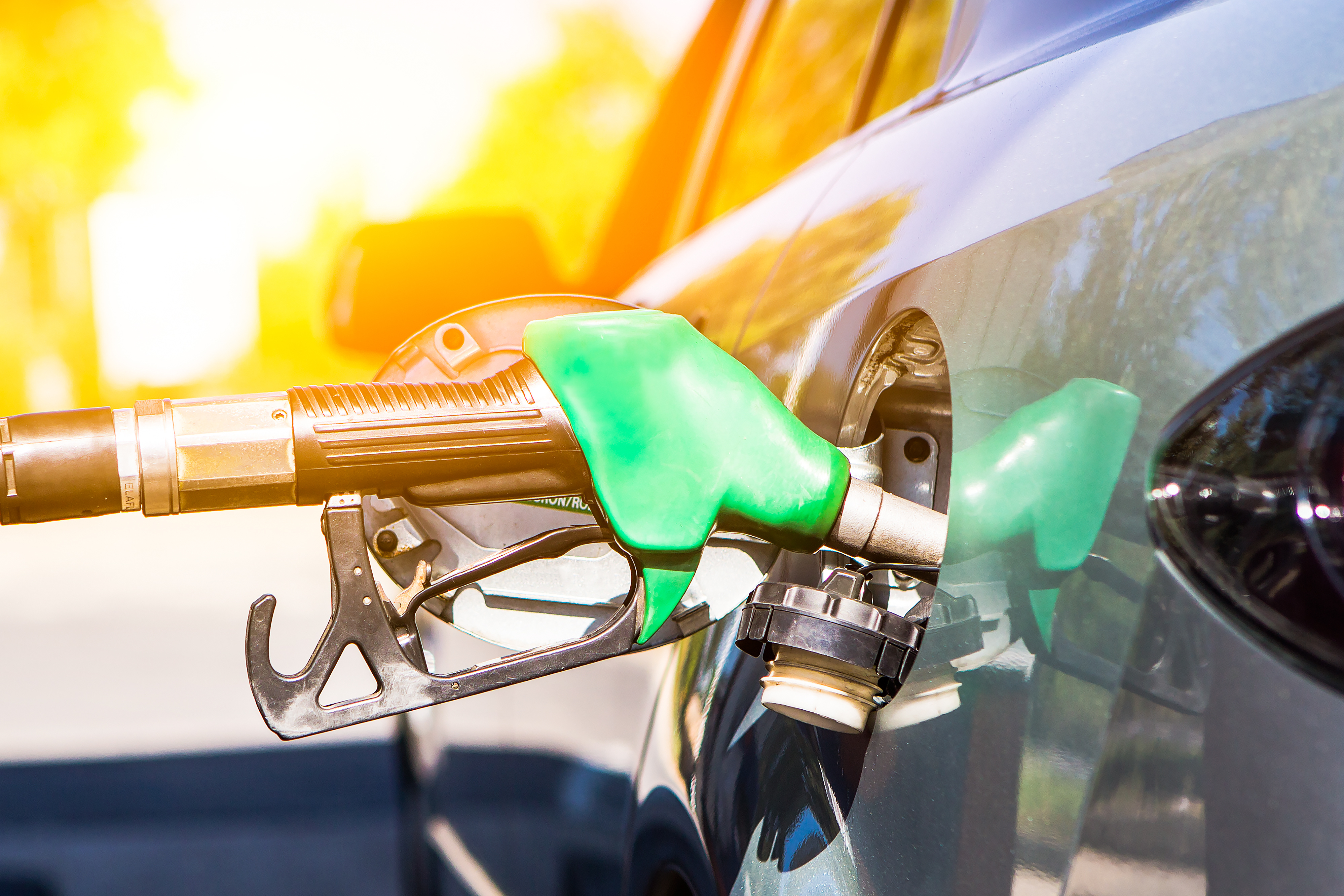Multiple sectors hit as fuel price increase set to continue

The rising cost of fuel shows no signs of slowing down in the coming months.
Motorists are currently paying as much as $1.70 per litre for unleaded fuel, with diesel peaked to reach $2.00 a litre imminently.
Neil Mitchell touched base with three sectors of the economy to see how they’re coping with the inflated fuel prices.
Master Grocers Australia CEO Jos de Bruin says the independant grocer sector has been affected, with people spending less in supermarkets as a result of paying more for fuel.
“People will be very discerning about what fresh fruit and vegetables they’ll buy, they’ll be going for the cheaper option,” he told Neil.
“The effects have been taking place since earlier this year, (particulary) in Western Australia where people’s food budgets have been stretched because fuel prices have gone up.”
Victorian Transport Association CEO Peter Anderson said the sharp increase in cost of diesel was a “huge impost” to business.
He told Neil Mitchell there was a “mechanism” to pass price rises onto consumers.
“The cost is fuel is a very important part of the business,” he said.
“A good operator, who has this fuel surcharge in their rates, can adjust their rates accordingly as fuel (prices) continue to rise.
The airline industry is also being impacted, with former Qantas chief economist Tony Webber tipping Australians will pay more to travel interstate and overseas as a result.
“(Airlines) have seen jet fuel prices increase by about $40 a barrel,” he said.
“They can put prices up in two ways – they can impose a full surcharge, which you pay a certain amount extra if you fly domestic, to Asia (and even more) to Europe.
“But what I suspect they’ll do is put base fares up again, which they’ve been doing for the last three or four years.”
Click PLAY to hear the full discussion on 3AW Mornings















